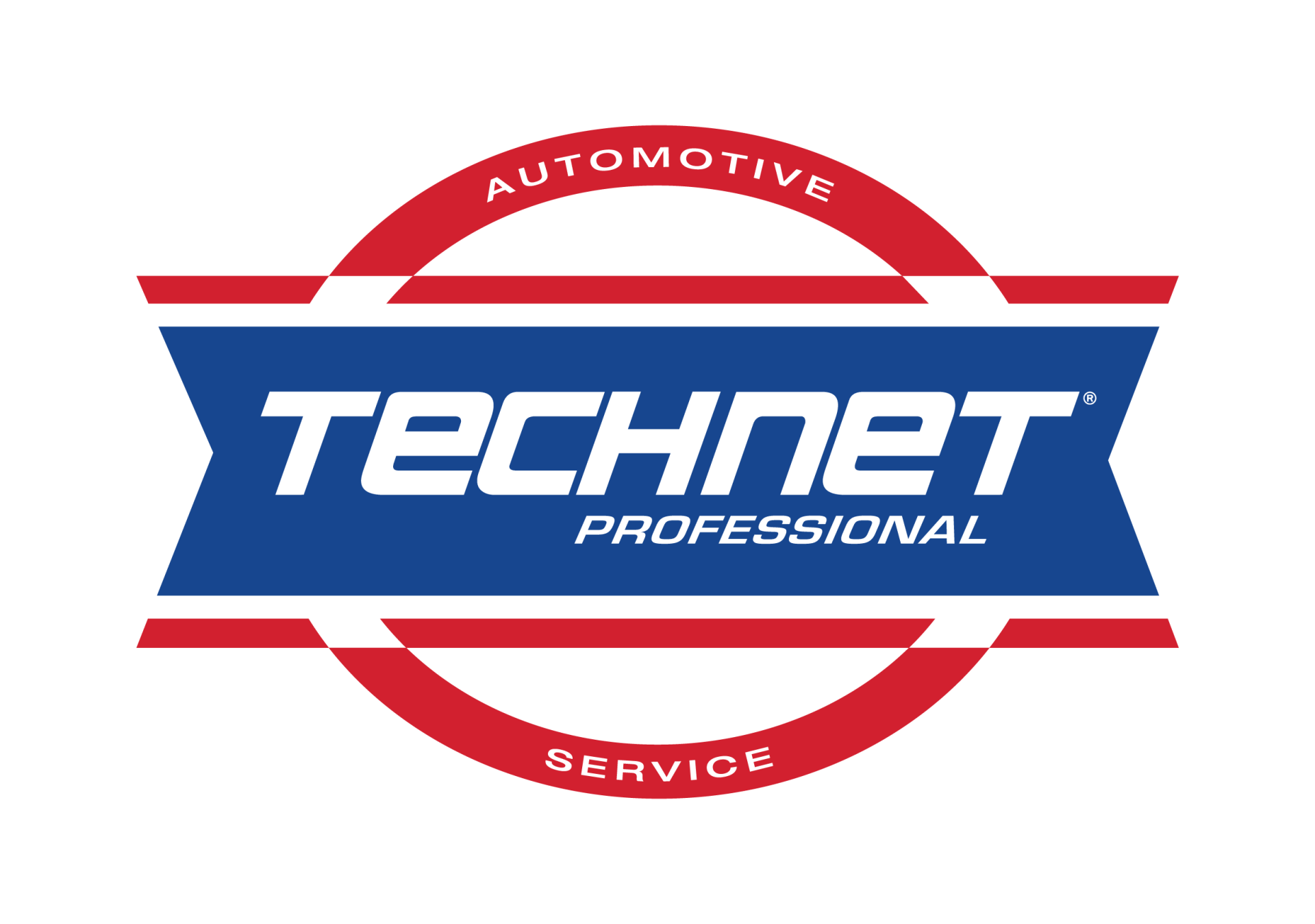Properly Storing Your Vehicle When it’s Not Your Every Day Commuter
How to Store Your Vehicle When It’s Not Your Primary Driver
Whether you own a second car, a plug-in hybrid, or an EV that isn’t your daily driver, proper storage is key to keeping your vehicle in good condition. Here in Mauldin, Greenville, Anderson, and Cherrydale, many drivers need seasonal or long-term storage, especially during colder months when vehicles may sit idle for extended periods. Without the right preparation, you could face problems ranging from dead batteries to rodent damage. At First Class HALT, our certified technicians help drivers protect their investment with smart storage solutions.
Protecting Your Vehicle in Cold Weather
Cold weather can take a toll on any vehicle, but it’s especially challenging for EVs and plug-in hybrids. Freezing temperatures can reduce battery efficiency, drain charge more quickly, and stress cooling systems. If you’re storing your car during the winter, make sure it’s parked in a dry, sheltered space such as a garage, and avoid leaving it exposed to extreme cold for long periods. For EVs, aim to store the vehicle with the battery charged between 40% and 60% to prevent both overcharging and deep discharge.
Keeping Batteries From Dying
One of the most common issues in long-term storage is a dead battery. For traditional gas vehicles, that means the 12-volt battery. For EVs and hybrids, both the high-voltage and low-voltage systems need attention. To prevent problems, consider using a battery maintainer (often called a trickle charger) for the 12-volt battery. For EVs, schedule occasional charging sessions rather than leaving the vehicle plugged in continuously, unless the manufacturer specifically recommends otherwise.
Rodent Prevention Tips
Idle vehicles can become attractive shelters for rodents, especially during the colder months in Upstate South Carolina. Mice and squirrels are known to chew through wiring, insulation, and even hybrid battery components. To reduce the risk, keep the storage area clean and free of food sources, seal off entry points to your garage, and consider rodent deterrents such as peppermint oil or ultrasonic devices. Periodically check under the hood and around the vehicle for signs of nesting.
Keep Your Vehicle Ready for the Road
Don’t let long-term storage lead to costly damage or repairs. Whether you drive an EV, a plug-in hybrid, or a gas-powered vehicle, use these tips from our certified experts at First Class HALT on how to prepare for seasonal or long-term storage so that when it’s time to drive again, your car is ready to go.















